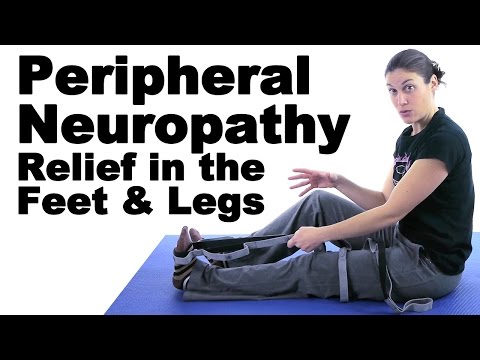
Subscribe to the podcast at
Full show notes are available at
For fitness and Paleo Diet aficionados—and perhaps regular STEM-talk listeners—Robb Wolf is the type of esteemed guest who needs no introduction. Many people already know him by his best-selling book, “The Paleo Solution: The Original Human Diet,” ( or his top-ranked podcast by that same name. (
But what some people may not know is that Wolf also started the world’s first cross-fit affiliate gym; that he’s raising his young daughters on a paleo diet—which may account for their mouths having a similar phenotypical expression as hunters and gatherers; and that nicotine—yes, nicotine—can actually be good for you (just not delivered by cigarette) in some contexts.
STEM-Talk Host Dawn Kernagis and IHMC Founder Ken Ford talk to Wolf about these and other fascinating insights in this episode.
Wolf hailed from a relatively unhealthy family, which pushed him towards discovering good health on his own terms. A keen interest and aptitude in science (he was a biochemistry major at California State University-Chico) set Wolf on the path of evolutionary medicine.
He began thinking seriously about pre-agricultural diets in response to his mother’s poor reaction to her consumption of grains, legumes, and dairy. Since that time, Wolf has become an expert, researcher, and self-experimenter of the Paleo Diet. His expertise has led him to become a review editor for Journal of Nutrition and Metabolism; co-founder of The Performance Menu, a nutrition and athletic training journal; and co-owner of NorCal, one of Men’s Health magazine’s top thirty gyms in America. He is also a consultant for the Naval Special Warfare Resiliency Program.
Wolf recently gave a lecture entitled “Darwinian Medicine: Maybe There IS Something to This Evolution Thing” at IHMC:
2:10: Dawn reads iTunes review entitled “No Bro Science Here” from someone nicknamed “Leafy Sweets:” “Science-based interviews with experts, post-docs and department/lab heads on relevant topics. No Bro Science here! Interesting discussions relevant to one’s well-being and interests.”






